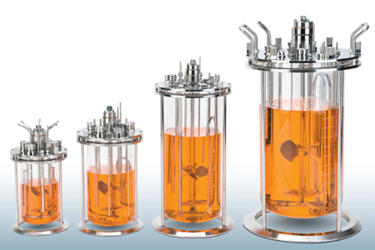Scale-Up Approaches For Culturing Adherent Cells

The viral vaccine industry continues to advance upstream adherent cell culture processes to enhance productivity and meet manufacturing demands. However, improving productivity and scaling up mammalian processes present ongoing challenges. When transitioning adherent cells from static cultures to larger bioreactors, multiple factors must be considered. Adherent cell expansion relies on increasing the available surface area for cell attachment. Commonly, tissue flasks (T-flasks), multi-layered flasks, and roller bottles provide the necessary surface area. However, as cell demand increases, growth becomes limited by surface constraints.
Microcarrier beads offer a solution by enabling adherent cells to grow efficiently in bioreactors. They provide the required surface area for monolayer growth while mimicking the benefits of suspension culture. In this study, Vero cell growth was evaluated and optimized across multiple platforms, including standard T-flasks, Thermo Scientific™ Nunc™ Cell Factory™ systems, Hyperforma™ Benchtop Bioreactors, and Hyperforma™ Single-Use Bioreactors (S.U.B.).
For successful scale-up, see how optimizing process parameters such as attachment methods, gassing, and agitation can help reduce cell environmental stress, ultimately improving productivity.
Get unlimited access to:
Enter your credentials below to log in. Not yet a member of Pharmaceutical Online? Subscribe today.
